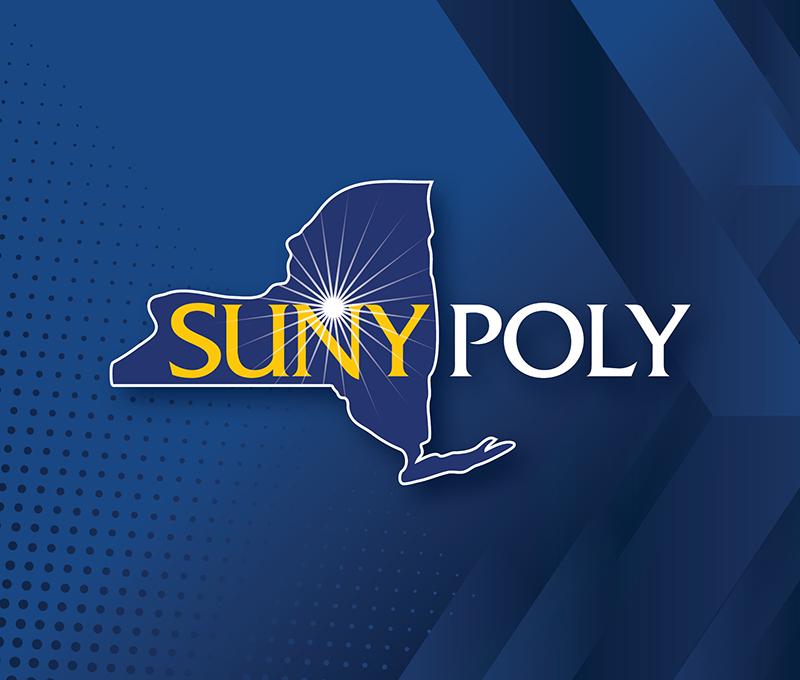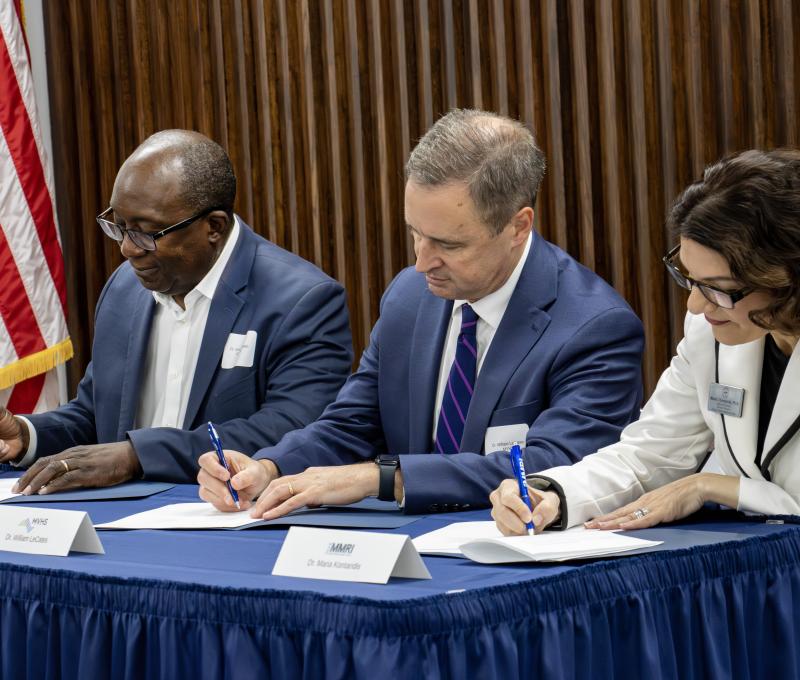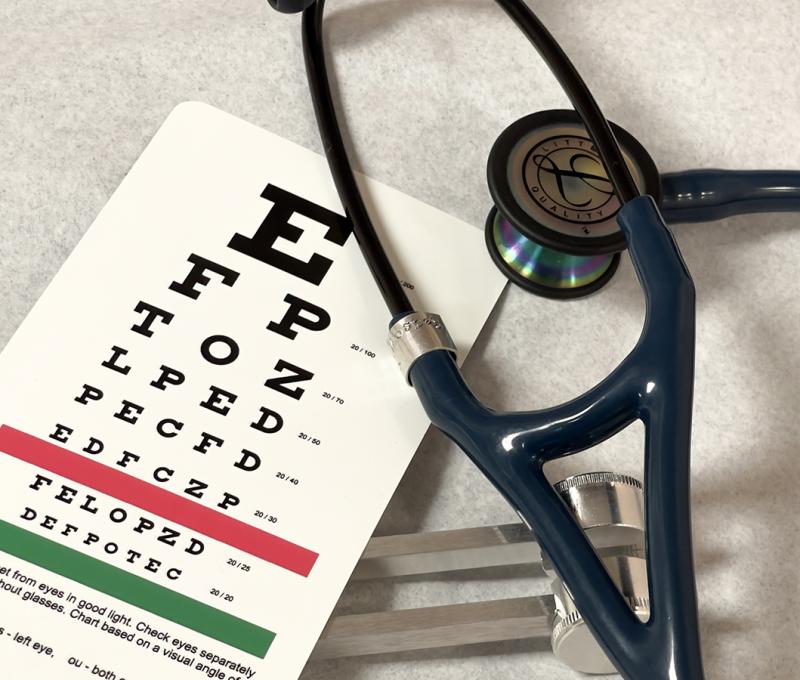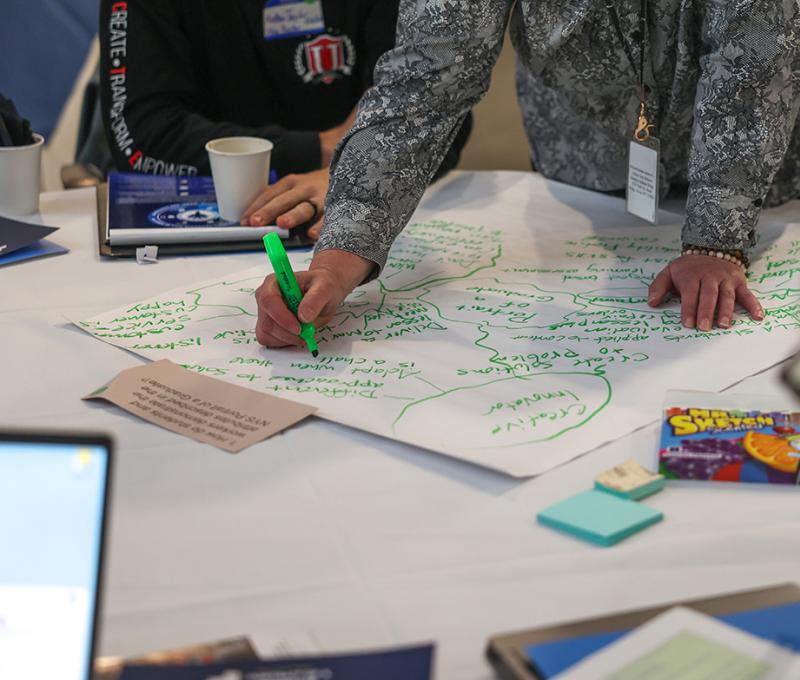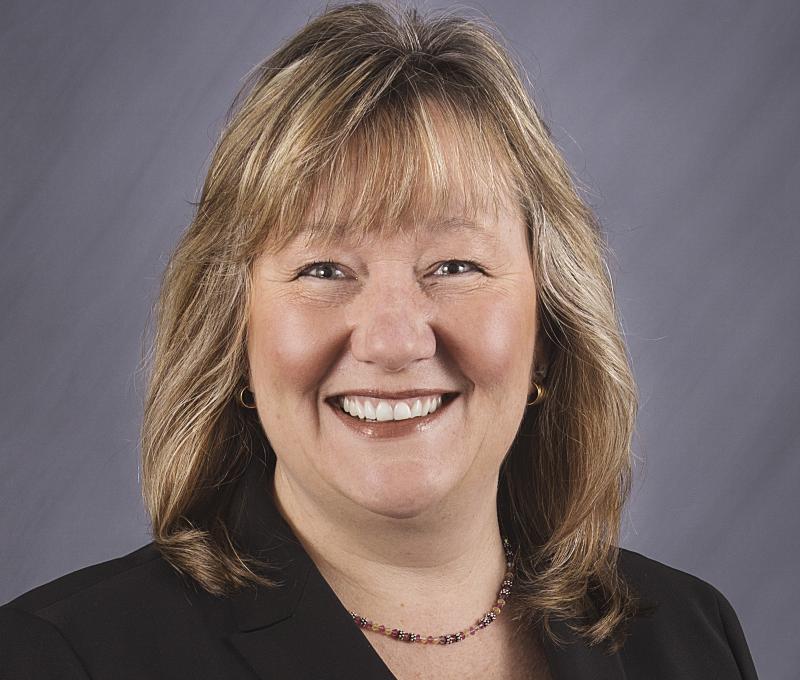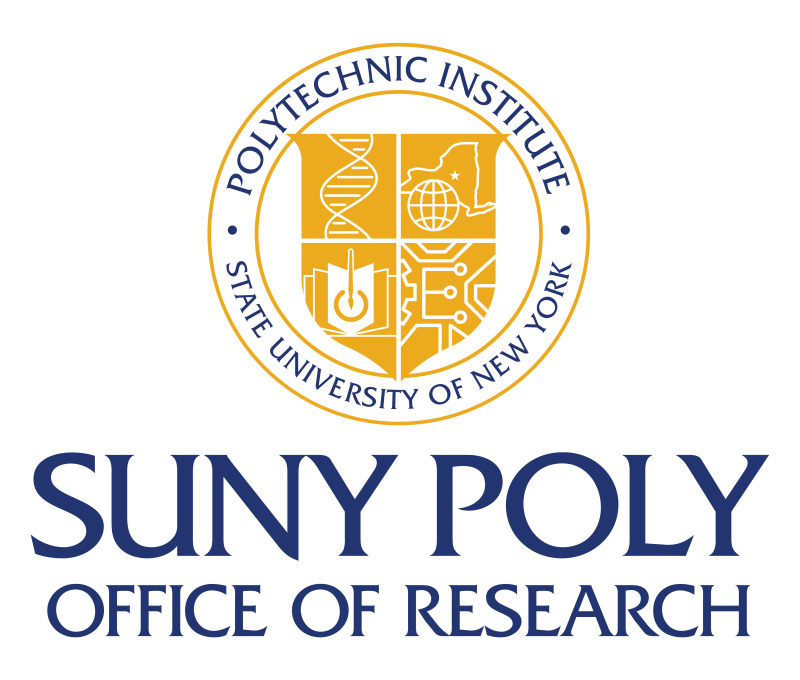SUNY Poly Nanocollege Faculty Member Selected as American
Physical Society Fellow

For Release: Immediate - December 17, 2014
Contact: Jerry Gretzinger, Vice President of Strategic Communications and Public Relations
(518) 956-7359 | jgretzinger@sunycnse.com
SUNY Poly Associate Professor of Nanoscience Dr. Vincent LaBella Recognized for Significant Technological Innovations that Enable Interactive Learning
Albany, NY – As a testament to New York State’s innovation-education model, as envisioned by Governor Andrew M. Cuomo, the Colleges of Nanoscale Science and Engineering (CNSE) at SUNY Polytechnic Institute (SUNY Poly) today announced that Associate Professor of Nanoscience Dr. Vincent LaBella has been elected to be a Fellow of the American Physical Society (APS) as a result of his significant contributions to physics education. The honor is limited to no more than one half of one percent of the organization’s global membership. Dr. LaBella was selected for his pioneering physics work, including the development of interactive classroom learning devices.
“Dr. Labella is a perfect example of SUNY educators all across New York State who are actively researching and developing critical new technologies and using that experience to better prepare students to meet the demands of New York's burgeoning high tech economy,” said SUNY Chancellor Nancy Zimpher. “I congratulate Dr. LaBella on this achievement which also provides an impressive mark of distinction for SUNY Polytechnic Institute.”
“I am thrilled that the American Physical Society has recognized Dr. LaBella’s accomplishments, which exemplifies the world-class caliber of SUNY Poly’s educational offerings,” said Dr. Alain Kaloyeros, Chief Executive Officer and Officer in Charge of SUNY Polytechnic Institute. “I congratulate Dr. LaBella on this achievement as he provides a perfect example of how SUNY Poly’s top-tier faculty are not only active in the exciting world of physics research, but are also developing cutting-edge technologies in concert with Governor Andrew M. Cuomo’s blueprint for enabling high-tech educational opportunities throughout New York State.”
Specifically, Dr. LaBella is being honored for his role in the extensive development of instructor-friendly “Hyper-Interactive Teaching Technology” (H-ITT) computer software and handheld H-ITT student clickers, individualized remote controls that students in a lecture hall setting can click to answer questions. Because each remote has a unique identification number, the instructor can quantify any given student’s level of participation, revolutionizing the standard lecture by making learning more interactive and engaging. Dr. LaBella seized on this idea and built a company around the technology in 2000, which continues to this day. The software runs on Windows, Mac, and Linux operating systems, and the technology is used in Dr. LaBella’s classes in addition to its use at numerous universities across the country.
“I am excited to be selected as an APS Fellow and join a number of esteemed physics experts from around the world,” said Dr. LaBella. “Taking an idea from its infancy all the way to commercialization and overcoming manufacturing and patent protection challenges in order to improve the lecture hall experience and provide a better way to learn about subjects such as physics is one of my greatest professional accomplishments. It is humbling and thrilling to be recognized for it by being elected as an APS Fellow, and I am fortunate to be able to take these research, development, and commercialization lessons directly to SUNY Poly students who can better understand the process that is driving 21st Century growth across New York State’s high-tech corridor.”
Dr. LaBella joined the faculty at SUNY Poly in 2002 and currently teaches two undergraduate physics classes, including a junior-level class in quantum physics and a freshman-level electricity and magnetism class. He was awarded the New York State Foundation for Science, Technology and Innovation (NYSTAR) Distinguished Professor Award in 2002 and The Faculty Early Career Development (CAREER) Program award from the National Science Foundation in 2004. He has published over 50 peer-reviewed journal articles and given numerous talks and invited presentations. His current research is focused on nanoscale mapping of the electrostatic barrier between a metal and semiconductor and spin injection and transport in graphene. Dr. LaBella received a B.S. in Mechanical Engineering and a B.A. in Physics from Rutgers University in 1993, received a Ph.D. in Physics from Rensselaer Polytechnic Institute in 1998 in the fields of silicon molecular-beam epitaxy (MBE), scanning probes, and hot electron transport, and he conducted post-doctoral research for 4 years at the University of Arkansas, working with Paul Thibado, a co-founder of the H-ITT company, in the fields of III-V MBE growth, surface science, and spintronics. He is a proud Rochester native and alumni of McQuaid Jesuit High School, and he lives in New York’s Capital Region with his wife and three children.
“On behalf of The American Physical Society, I am delighted to welcome Dr. Vincent LaBella as one of the organization’s newest Fellows for his high-quality career and strong contributions that enable a new educational paradigm for teaching physics inside lecture halls, significantly improving the classroom experience,” said William P. Reinhardt, APS Honors Programs Director and Professor Emeritus, University of Washington, Seattle.
The American Physical Society is a leading professional organization of physicists, representing more than 46,000 physicists in academia and industry in the United States and internationally. APS counts nearly 60 Nobel Laureates among its members. Active APS members with exceptional contributions to the physics enterprise are eligible for nomination and election to Fellowship; nominations are evaluated by the Fellowship committee of the appropriate APS division, topical group or forum, or by the APS General Fellowship committee, and after review by the full APS Fellowship Committee, successful candidates are elected by APS Council.
####################
SUNY Polytechnic Institute.SUNY Polytechnic Institute (SUNY Poly) is New York’s globally recognized, high-tech educational ecosystem, formed from the merger of the SUNY College of Nanoscale Science and Engineering and SUNY Institute of Technology. SUNY Poly offers undergraduate and graduate degrees in the emerging disciplines of nanoscience and nanoengineering, as well as cutting-edge nanobioscience and nanoeconomics programs at its Albany campus, and degrees in technology, professional studies, and the arts and sciences at its Utica/Rome campus. As the world’s most advanced, university-driven research enterprise, SUNY Poly boasts more than $20 billion in high-tech investments, over 300 corporate partners, and maintains a statewide footprint. The 1.3 million-square-foot Albany NanoTech megaplex is home to more than 3,500 scientists, researchers, engineers, students, faculty, and staff, in addition to Tech Valley High School. The Utica/Rome campus offers a unique high-tech learning environment, providing academic programs in technology, including engineering, cybersecurity, computer science, and the engineering technologies; professional studies, including business, communication, and nursing; and arts and sciences, with degrees and course offerings in natural sciences, mathematics, humanities, and social sciences. Thriving athletic, recreational, and cultural programs, events, and activities complement the campus experience. SUNY Poly operates the Smart Cities Technology Innovation Center (SCiTI) at Kiernan Plaza in Albany, the Solar Energy Development Center in Halfmoon, CNSE’s Central New York Hub for Emerging Nano Industries in Syracuse, the Photovoltaic Manufacturing and Technology Development Facility in Rochester, and the Smart System Technology and Commercialization Center (STC) in Canandaigua. SUNY Poly founded and manages the Computer Chip Commercialization Center (Quad-C) on its Utica campus and also manages the $500 million New York Power Electronics Manufacturing Consortium, with nodes in Albany and Rochester, as well as the Buffalo High-Tech Manufacturing Innovation Hub at RiverBend, Buffalo Information Technologies Innovation and Commercialization Hub, and Buffalo Medical Innovation and Commercialization Hub. For information visit www.sunycnse.com and www.sunyit.edu


